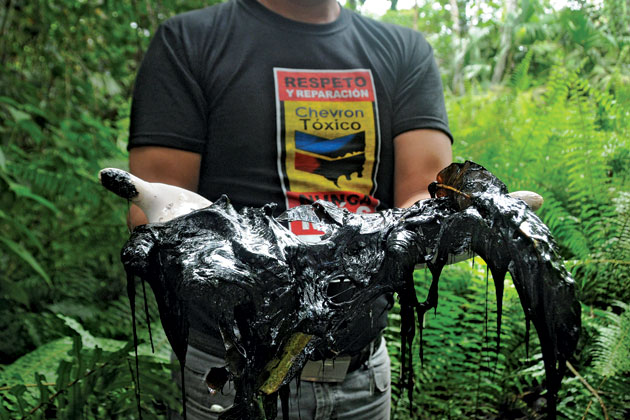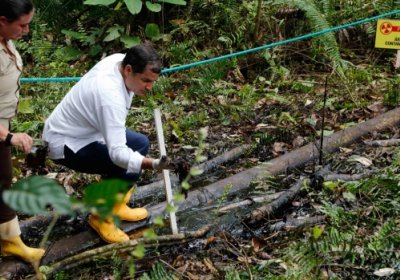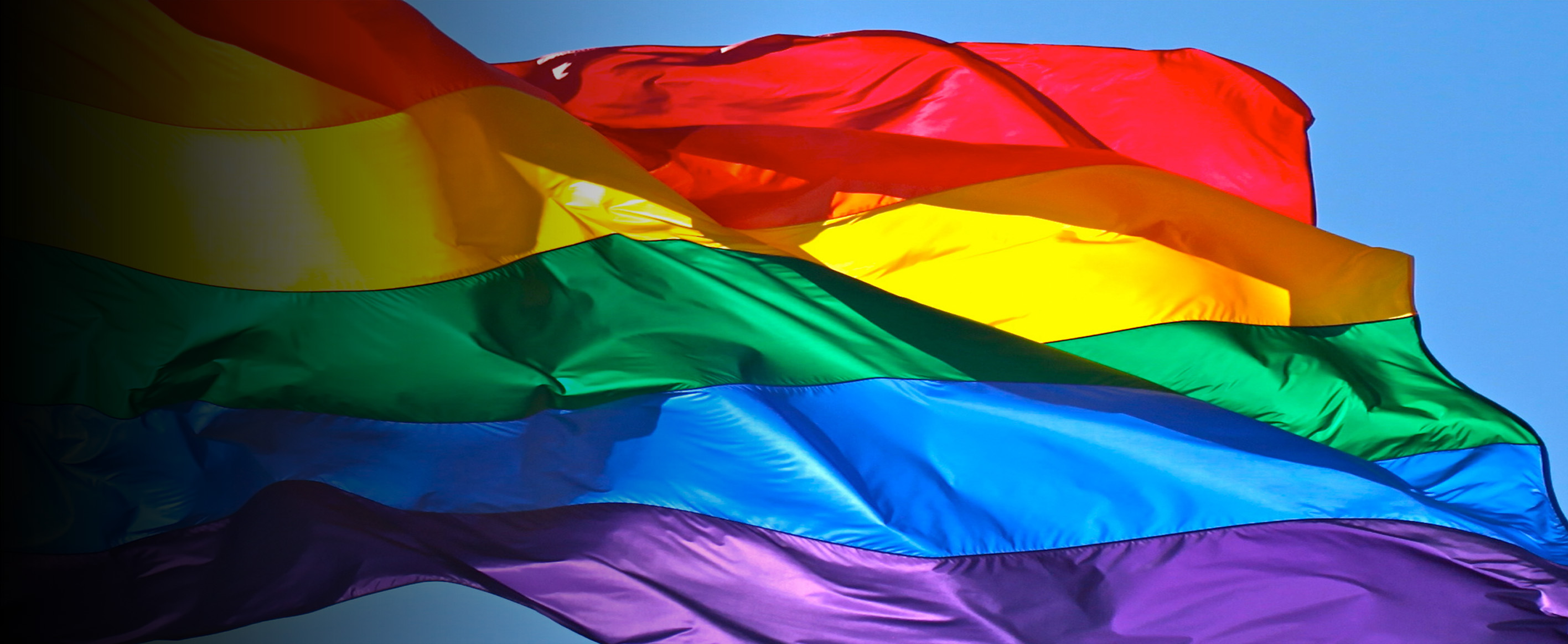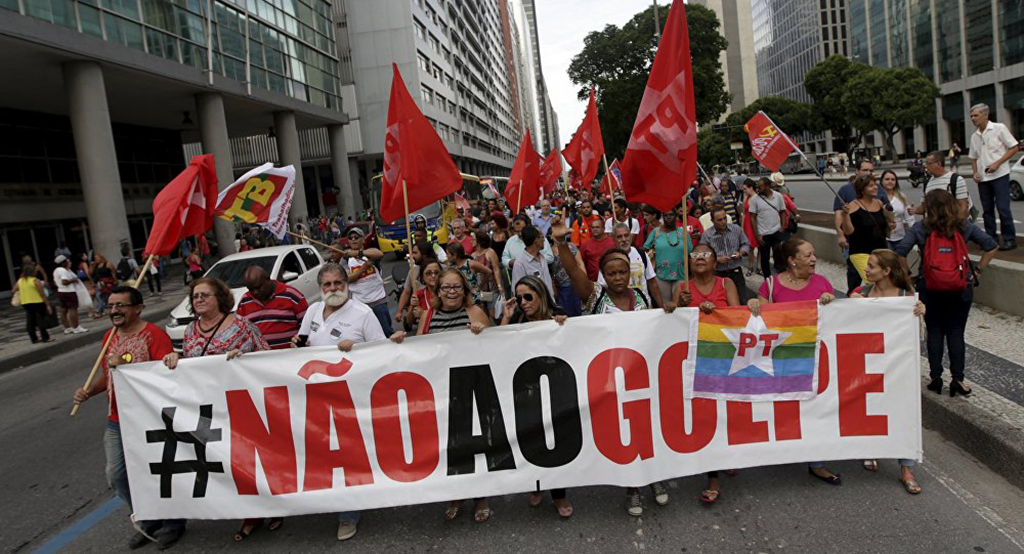Ecuador ramped up its fight against tax dodging on September 21 as the South American country proposed a plan on the sidelines of the UN General Assembly in New York aimed at tackling offshore tax havens with stiffer regulation.
The push comes in the wake of the Panama Papers leaks that exposed just the tip of the proverbial iceberg of global tax evasion and its impact on the global South.





 Bolivia has approved a new law that allows transgender people to change their name, sex and gender on birth certificates and other official records. LGBTI rights activists in Bolivia see the law as a groundbreaking sign of growing tolerance in Latin America.
Forty people began the process to change their personal information on identity documents and bank accounts, and alter their professional titles on the day the law passed.
Bolivia has approved a new law that allows transgender people to change their name, sex and gender on birth certificates and other official records. LGBTI rights activists in Bolivia see the law as a groundbreaking sign of growing tolerance in Latin America.
Forty people began the process to change their personal information on identity documents and bank accounts, and alter their professional titles on the day the law passed.
 Anti-coup rally in Brazil.
Since the start of the 21st century, the left has won elections in most Latin American countries in a powerful wave of popular rejection of the disastrous neoliberal policies of the previous regimes.
One must however distinguish between two quite different sorts of left governments:
Anti-coup rally in Brazil.
Since the start of the 21st century, the left has won elections in most Latin American countries in a powerful wave of popular rejection of the disastrous neoliberal policies of the previous regimes.
One must however distinguish between two quite different sorts of left governments:



